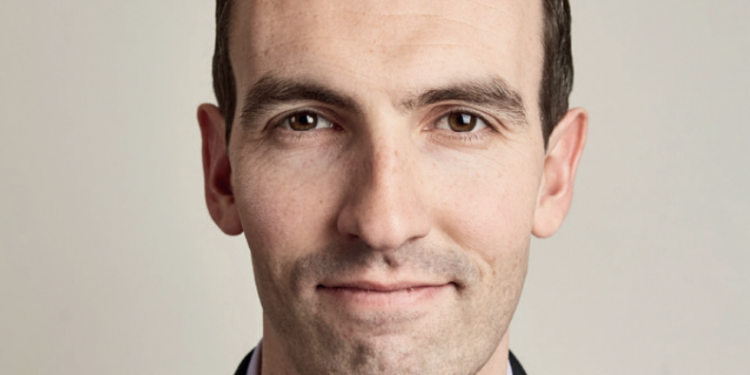How can employers support the physical, mental and financial wellbeing of their people? It’s a question often asked of an employee benefit consultant. Being an expert in the big people issues businesses face now goes hand in hand with broking and placing insurance. And I’d argue that employee mental health is at the top of the agenda.
Employers are now more aware that having a workforce that’s at their best means the business will reap the rewards. What’s interesting is it’s not just the right thing to do but it can also provide a big return on investment. Deloitte research indicates every £1 spent on employee mental health yields a return of £5.30 1, providing financial benefit for employers too. This is because addressing mental wellbeing with dedicated services helps employees stay productive. That is surely a good thing when 82% of employees want better help with their mental health 2.
Employers need reminding that group protection can help with that. Showing employees and their families how to make the most of the value-added services that come as part of their group protection insurance creates immediate benefit for both businesses and their people.
But what does a good solution look like?
Immediate support
Smart Health is the integrated digital wellbeing service that comes with AIG’s group protection insurance, available to employees and their families, 24/7. Its virtual mental health counselling service in particular, was used 2,467 times in the year to June-23 3. Customers, their families and children received professional mental health support at a time to suit them and from the comfort of their home, where they feel safest.
It’s popular because it’s effective:
▪ In H1 2023, 78% of people using Smart Health’s mental health service shifted from being in medium/high distress to having non-clinical/low level issues 4
▪ 86% of people were very satisfied or satisfied with their care 5.
Tailored and interconnected help
Mental health underpins our health generally. But everyone is different. Therefore, wellbeing support needs to be tailored to each individual’s needs.
Boosting our mental health, for example, may need the help of more than one expert. So it pays to use a combined service, like Smart Health, that offers help all in one place. Interlinked, round-the-clock access to GP appointments, mental health experts, nutrition and fitness support, as well as second medical opinions from world-leading experts, health checks and integrated access to a self-help mental wellbeing app can collectively lead to improved mental health.
But what if it’s not immediately clear that a life situation is also having a mental impact? What might begin as a conversation signposting help for a financial or legal matter could lead to an individual getting
help from a GP. They might recommend mental health counselling or self-help tools like the myStrength app because that chat revealed it’s affecting a person’s mental health too. It can also provide mental relief for employees with a difficult ongoing medical condition, like cancer, for example if, after speaking to a Smart Health GP to understand their condition better, it leads to a referral for virtual mental health counselling or a second medical opinion review by a global expert to check they’re on the best treatment for them. The best solutions are those which are immediate, integrated, and personalised to the individual. Financial, physical and mental wellbeing are, after all, entirely connected and intertwined.
Advisers and insurers working together
Mental health is at the top of employees’ – and employers’ – agendas, and added-value wellbeing support really can help people stay happy and healthy. But there are lots of different solutions and employers will have varying needs. To get as many employees making the most of these services as possible, I encourage advisers to embrace their value and analyse offerings based on employer need. And use us – the insurer – to launch, manage and oversee the chosen wellbeing solution. That gets the best engagement, and the best results.





